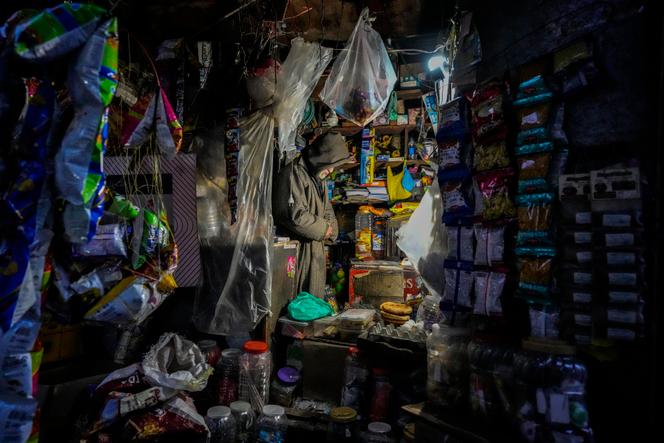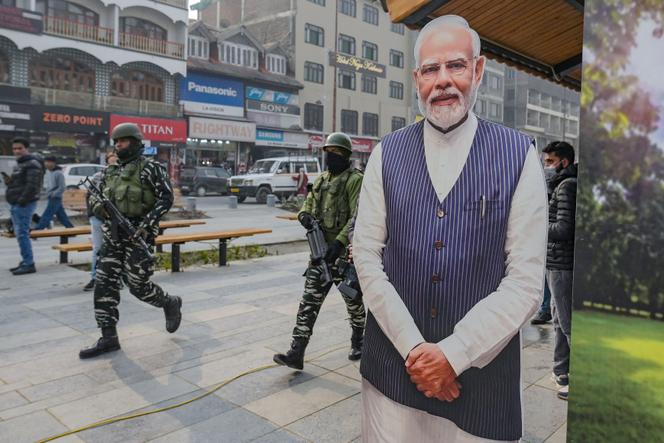


This decision, awaited for four years, was the last hope of the Kashmiris. On December 11, the Supreme Court finally ruled in favor of Narendra Modi's government by validating the highly controversial decision taken by the prime minister on August 5, 2019 to revoke the partial autonomy of Jammu and Kashmir. Following this decision, the Hindu nationalist government brutally divided the state into two distinct regions, which have now been demoted to the status of territories directly administered by New Delhi.
For the Supreme Court, this measure represents "a culmination of the process of integration [of Kashmir with the rest of India] and, as such, a valid exercise of power." A few months before the general elections scheduled for the spring of 2024, the prime minister, who is seeking a third term at the head of the country, welcomed a "historic" ruling. He hopes to reap electoral dividends. The takeover of Kashmir, the country's only Muslim-majority region, had long been on the agenda of Hindu nationalists and represents a victory for supporters of Hindutva (Hinduness or Indianness), an ideology that advocates Hindu superiority and aims to turn secular India into a Hindu nation.
For human rights activists, this is yet another blow to democracy, as the country's highest court has long been seen as a bulwark against the excesses of the government. The Court's ruling has further undermined public confidence in the institution. For Fali Nariman, one of the country's most respected constitutional lawyers, the decision is "totally wrong and bad" from a legal point of view. Like many other lawyers, Nariman believes that the government's decision is "in accordance with neither the provisions of the Constitution nor the well-established principles of federalism."
Since the Hindu nationalists came to power in 2014, the Supreme Court, despite its extensive powers, has been accused of capitulating to Modi's government. Opponents, activists and even leading lawyers believe it has failed in its duties. "During the Modi period, not only has the court failed to perform its constitutional role as a check on governmental excesses, it has acted as a cheerleader for the Modi government’s agenda," wrote Anuj Bhuwania, a professor at the Jindal Global Law School near New Delhi, back in 2020.

Over the past decade, the highest court has handed down landmark rulings, notably in 2018, when it decriminalized homosexuality. In 2017, it also banned instant triple talaq, the practice of express repudiation of the wife, which was permitted in the Muslim community. However, "some of the gender-progressive judgments have fed into the larger majoritarian agenda" of Modi's Bharatiya Janata Party (BJP), which "has sought to promote the idea that Muslims alone are backward and in need of reform," said Nandini Sundar, a sociologist at Delhi University, in an essay.
You have 50% of this article left to read. The rest is for subscribers only.
